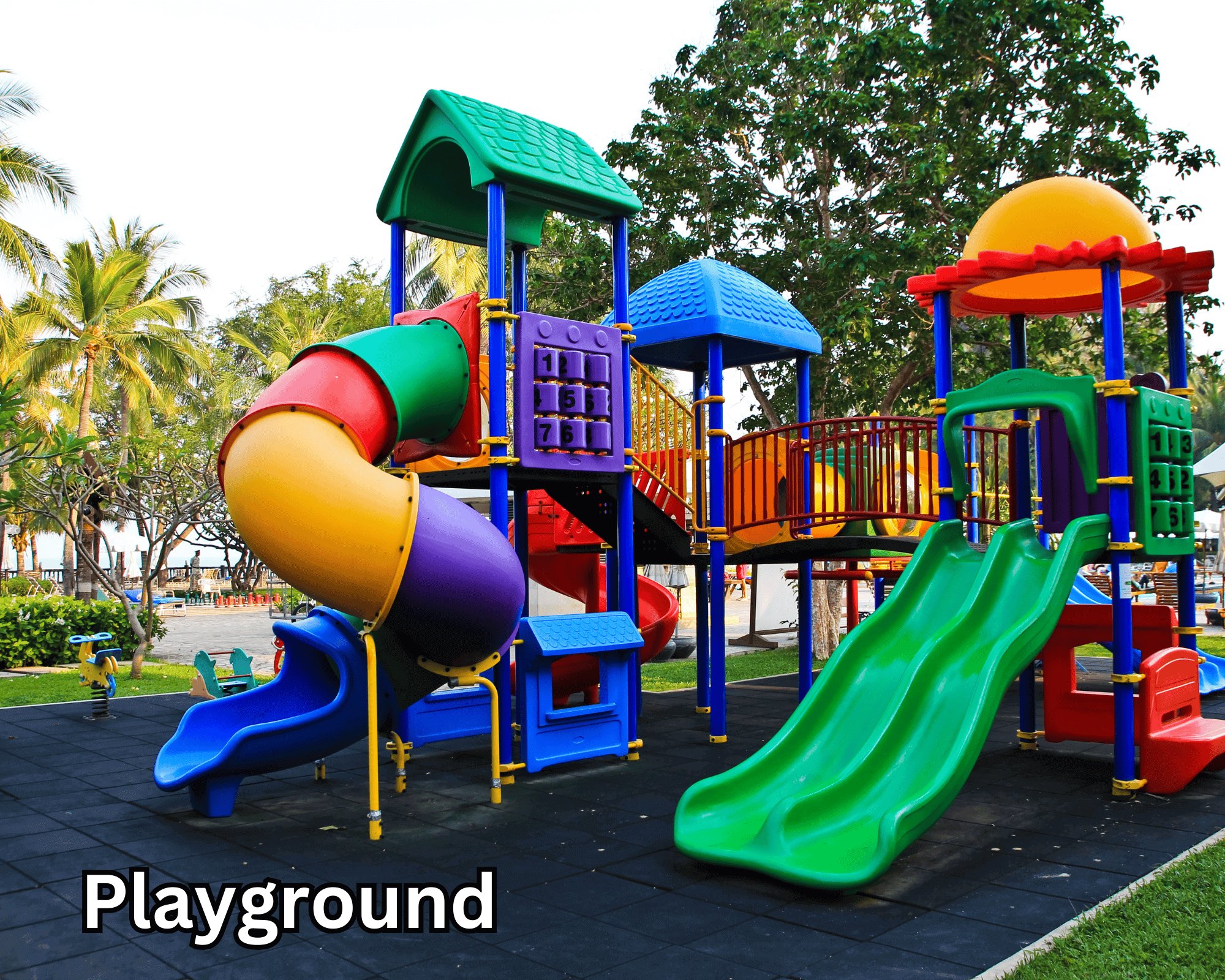Teen Mental Health: How to Support Your Child Through Tough Times
Parenting a teenager can be a wild ride—one moment, they’re laughing at while at the dinner table, and the next, they’ve locked themselves in their room, silent.

Teen years are full of big emotions, challenges, and changes. It’s normal for teens to feel stressed or moody at times. But how do you know when it’s more than that?
Have you ever wondered, “Is my teen okay?” or “How can I help them?”—you’re not alone.
Why Teen Mental Health Matters
The teenage years are full of change—physically, emotionally, and socially. For them it’s a time of self-discovery, but also stress. Academic pressure, social media, friendships, and even world events can take a toll.
Did you know?
- 1 in 5 teens experience a mental health disorder.
- Mental health issues most common among teenagers is anxiety and depression.
- Many teens don’t talk about their struggles because they fear judgment or don’t know how to express their feelings.
Recognizing the Signs of Mental Health Struggles
Teens don’t always say, “Hey, I’m struggling.” Instead, their emotions come out in different ways.
Here are some key warning signs to watch for:
Emotional Signs
🚩 Persistent sadness or hopelessness
🚩 Extreme mood swings
🚩 Increased anger or irritability
🚩 Loss of interest in activities they used to love
Behavioral Signs
🚩 Withdrawing from family and friends
🚩 Avoiding school or falling behind in grades
🚩 Sleeping too much or too little
🚩 Changes in eating habits (eating too much or too little)
🚩 Risky behavior (drinking, drugs, self-harm)
Physical Signs
🚩 Frequent headaches or stomachaches
🚩 Lack of energy
🚩 Unexplained aches and pains
💡 Trust your instincts. If your teen seems different—quieter, more irritable, or overwhelmed—it’s worth checking in.
How to Talk to Your Teen About Mental Health
Starting a conversation about mental health can feel awkward. What if they shut down? What if they get angry?
Take a deep breath—you don’t need to have all the answers. The most important thing is that they know you’re there for them.

Tips for a Supportive Conversation
✔ Pick the right time – Avoid stressful moments, choose a relaxed setting. Try talking in the car, during a walk, or at bedtime.
✔ Stay calm and open – If they sense judgment, they may shut down.
✔ Use “I” statements – Instead of “You never talk to me,” try “I’ve noticed you seem down lately, and I care about you.”
✔ Listen more than you talk – Give them space to express themselves, without jumping in with advice too soon. Or just be silent, that’s okay, too.
✔ Don’t dismiss their feelings – Even if you don’t fully understand, say things like "That sounds really tough. I’m here for you."
Avoid saying, “It’s just a phase” or “You have nothing to be sad about.” Their feelings are real.
✔ Ask open-ended questions – Instead of "Are you okay?", try "I've noticed you've been quiet lately. What's on your mind?” Follow-up with - “How can I support you?”
✔ Offer Reassurance – Let them know they’re loved, and you’ll figure things out together.
💡 What if they don’t want to talk? That’s okay. Let them know you’re there when they’re ready.
Keep the door open and check in later. Sometimes, texting or writing in a journal helps teens express themselves more easily.
What Parents Can Do to Support Teen Mental Health
Beyond conversation, here are practical ways to support your teen’s mental health every day:
1. Create a Safe and Supportive Home
🏠 Let them know home is a judgment-free zone
💬 Encourage open conversations without forcing them
❤️ Show unconditional love—even when they push you away
2. Encourage Healthy Habits
🛌 Sleep – Aim for 8–10 hours a night
🥦 Nutrition – Balanced meals support mood and focus
🚶 Exercise – Even a short walk can boost mental health
📵 Screen time limits – Too much social media can increase stress
3. Set Boundaries with Social Media
Social media can fuel anxiety and self-doubt. Help your teen create healthy screen habits by:
🙅♀️ Setting tech-free times (like during meals or before bed).
📱 Encouraging breaks from social media.
🧝♀️ Talking about unrealistic beauty standards and online comparisons.
4. Encourage Positive Connections
👭🏻 Help them spend time with supportive friends and family.
🏸 Get involved in activities they enjoy (sports, music, art).
🙅🏻♂️ Let them know it's okay to say "no" to toxic relationships.
5. Help Them Manage Stress
📝 Teach them time management skills (break big tasks into smaller ones)
🧘 Encourage relaxation techniques (deep breathing, journaling, music)
🌿 Create breaks from pressure (no-school-talk dinners, fun activities)
6. Be Their Advocate
🏫 Talk to their teachers or school counselor if needed
📞 Connect them with a therapist or support group
🚨 If you suspect self-harm or suicidal thoughts, seek immediate professional help
💡 Pro Tip: Remind your teen that asking for help is a sign of strength, not weakness.

Signs professional help might be needed:
✔ Their struggles are affecting daily life (school, relationships, self-care).
✔ They mention self-harm or suicidal thoughts.
✔ Their emotions seem unmanageable or out of control.
You’re not alone in this. There are therapists, counselors, and support groups ready to help.
Where to Start
✔ School counselor – A good first step for guidance
✔ Therapist or psychologist – For deeper emotional support
✔ Doctor or pediatrician – Can assess for medical concerns
✔ Hotlines & Crisis Support – Immediate help in urgent situations
📞 Crisis Resources (Confidential & Available 24/7)
🔹 Resources for Help:
Crisis Text Line – Text HOME to 741741 (free 24/7 support).
National Suicide Prevention Lifeline – Call 988.
Teen Mental Health Resources (SAMHSA) – www.samhsa.gov
You’re Doing Better Than You Think
What matters most? Being there. Even if they roll their eyes or shut their bedroom door, they need to know they’re loved, supported, and never alone.
💡 Your teen doesn’t need a perfect parent. They just need you!













